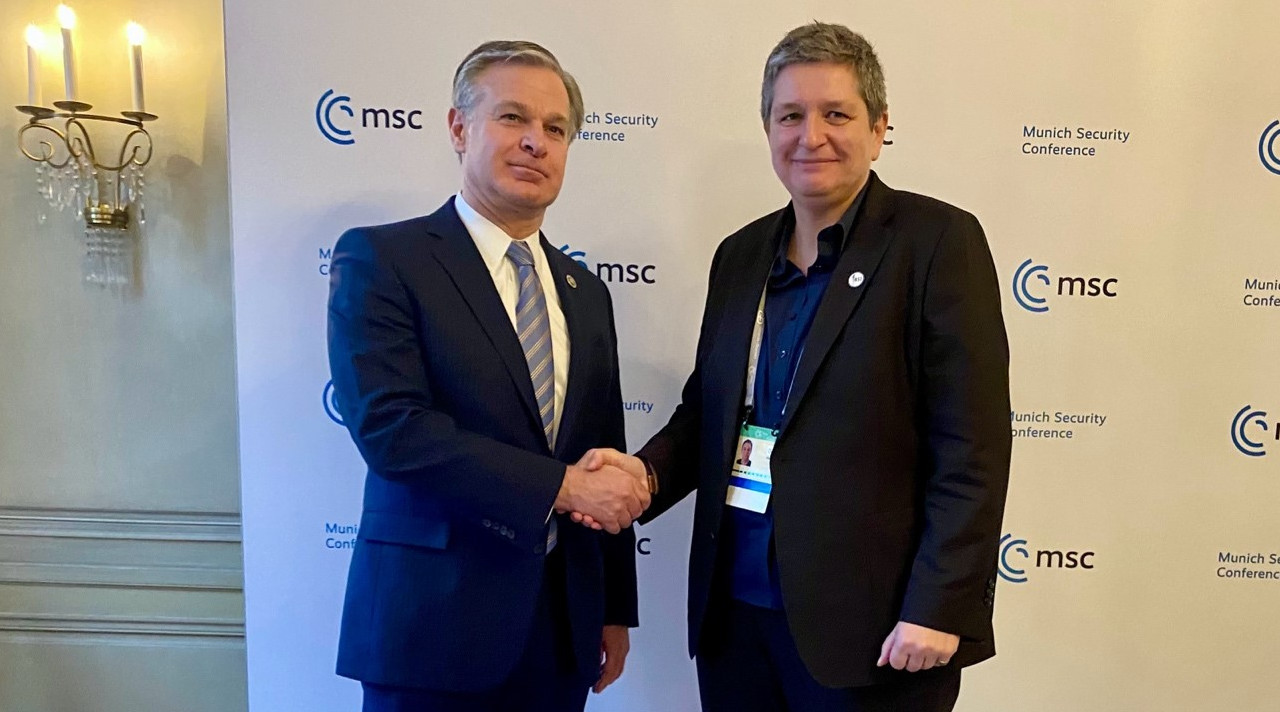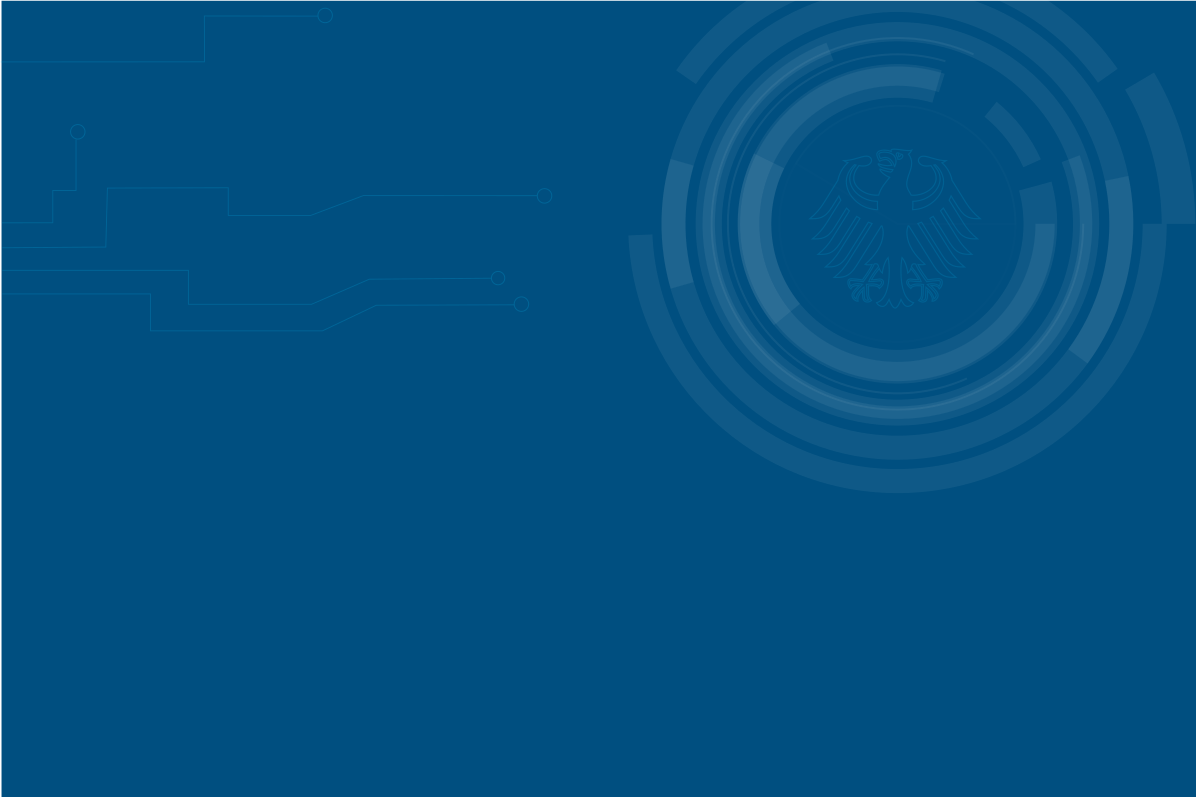Claudia Plattner discussed with security experts the risks associated with hybrid threats arising from AI
Munich Security Conference
city Bonn/Munich
Date 19.02.2024

During the Munich Security Conference, Claudia Plattner, President of the Federal Office for Information Security (BSI), participated in a discussion titled "HackGPT? Cybersecurity in the Age of Artificial Intelligence". The discussion included international security experts and decision-makers from top global technology companies. They discussed how artificial intelligence can be leveraged to maximize opportunities while minimizing risks in the context of international security.
The experts highlighted that hybrid threats from cyberspace are on the rise and have an increasing impact on geopolitical risks. Attackers are also using artificial intelligence to act faster and more efficiently than ever before. The experts on the panel agreed that we should prepare for multiple attack scenarios aimed at causing chaos and eroding trust in governments, especially considering the numerous elections scheduled to take place this year. It is expected that cyberattacks on critical infrastructures, along with widespread disinformation campaigns, will occur. In this context, it is vital to have close and transparent collaboration among state actors, businesses, and the scientific community to enhance resilience in cyberspace.
BSI President Claudia Plattner:
“Regarding cyber threats related to Artificial Intelligence, it is essential that we, as defenders, keep up with the attackers. There are three crucial points to consider in this regard:
Firstly, speed is of the utmost importance, for example when dealing with security vulnerabilities. A new vulnerability can be exploited with AI in a matter of days or even hours. We need to ensure that our defence systems work at least as quickly and efficiently. AI can be useful in this regard.
The second decisive factor is access to and handling of information. Large AI language models can be tricked by prompt injections, which can lead to the disclosure of sensitive information. Hence, we must ensure that only necessary information is stored in AI tools such as LLMs, and prevent unauthorized persons from accessing sensitive information via AI. This requires a joint effort by technology companies.
The third point is technological expertise: we need to take up the challenge and ensure as quickly as possible that we have enough experts on our side who understand AI in order to maintain our technological lead. Co-operation between the public and private sectors is essential here.”
The BSI has significantly expanded its AI portfolio and established a competence centre to focus on assessment procedures, regulatory measures, and consumer protection in relation to AI. The BSI is actively researching AI-based detection systems for cyber defense and exploring AI applications in various sectors such as finance, healthcare, autonomous driving, and border security technologies.
Pressekontakt:
Bundesamt für Sicherheit in der Informationstechnik
Pressestelle
Tel.: 0228-999582-5777
E-Mail: presse@bsi.bund.de
Internet: www.bsi.bund.de


